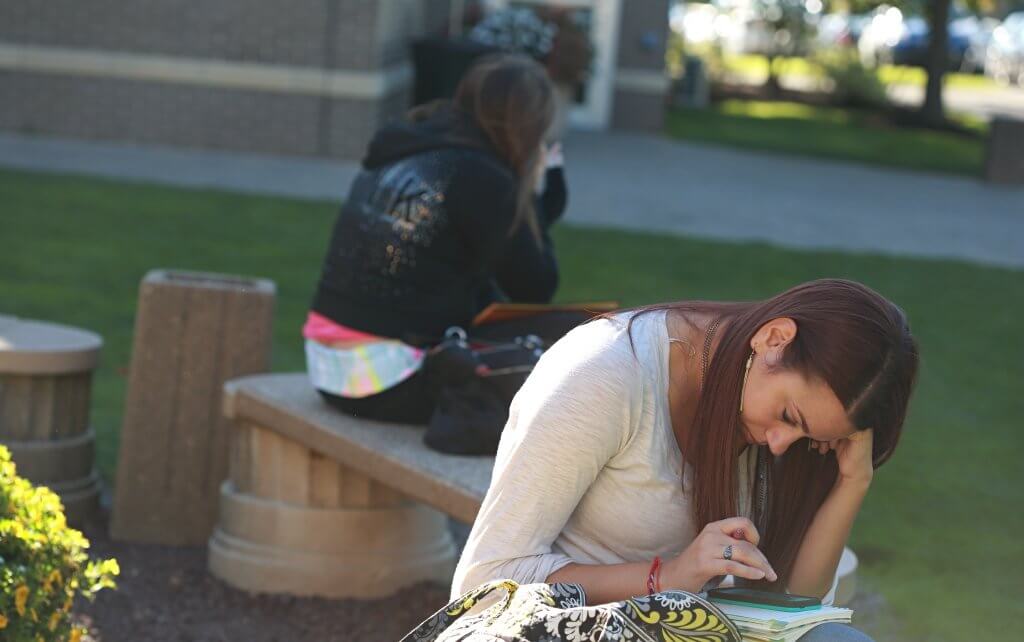How many times a day do you check your social media feed? How many times a day do you find yourself on social media in awkward situations? Social media has become an essential part of our lives that’s hard to live without in some cases.
In today’s world, most people have at least one social media platform, whether it’s Instagram, Snapchat, or TikTok. Social media has allowed for everyone to be connected with those who live near them and those who live on the other side of the world. It can be a great tool to help communicate with loved ones, create content, and share messages with the world.
Although social media can be a great thing, it seems to be something ingrained into people’s lives. For many, social media prioritizes the importance of likes, comments, shares, and followers, which can lead to an obsession with this tool. We live in an era plagued by electronics, but is there any way to unplug and appreciate reality?
There is a way to unplug, all you have to do is be willing to do so and take action. The first tip for taking a break from the social media world is to turn off your notifications. When we hear that ding coming from our phone, the immediate reaction is to respond or check who liked our recent post. Well, that ding is what is keeping us glued to our phone. So, tip number one—turn off or set limits for push notifications.
Another great tip is to prioritize self-care instead of using your phone. Some great self-care tips include going for walks, exercising, practicing yoga, or journaling for 10-15 minutes a day. As students, it may be difficult to set aside time for self-care, but if we can spend hours on our phones, setting down those electronics to focus on oneself will only help keep you into a routine as the semester continues.
Dickie Cox, Assistant Professor of digital media, said, “I think that it is important to set aside devices with some kind of weekly routine and let yourself be bored. I find in that boredom the most fascinating streams of consciousness come to me but I have to give myself that time to slow down and be unoccupied … I think it is important to practice being with our friends and family without devices when we can. If we are preoccupied and focus elsewhere, we lose the ability to listen closely to others and we miss the nonverbal cues that others share with us.”
Another tip is to set time limits on social media apps. On most smartphones there is a screen time option in the settings app that allows users to see how much time they spend on their phone. Finding apps that can help you limit your time can help you focus on your schoolwork, take care of your mental health, and help you be more present in life.
Naomi Louis, a psychology student, said, “I have timers on Instagram and TikTok. I have about an hour set every day from them, and once you have spent that hour on social media, your phone will inform you that you are done for the day.”
Louis added, “You start to realize that social media isn’t a huge part of your life; you just make it seem that way.”
However, one must admit that these four tips are easier said than done. Xiao Li, a chemistry student, said, “I feel it is tough to disconnect from social media today because our generation uses social media as a news source. That’s how we stay updated with our friends, family,
celebrities, and the news. It is a very challenging thing just to turn off your phone.”
Social media can be a very great tool to help us navigate the world we live in today, but if we turn off those Instagram or TikTok notifications to see what nature and life has to offer, we’d be surprised at what we’ll find. As students, we are surrounded by technology and have to use these tools in order to help promote club ideas, promote a business we may have but allowing ourselves that time to disconnect can be the key to living a happier, peaceful and greater life.




